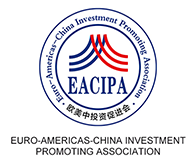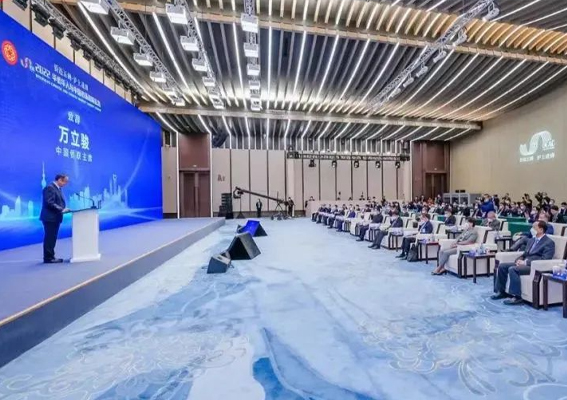EACIPA viewpoint
Zhang Jiahao: Wang Shi or Losing Vanke Capital Will Not Pay for Emotions
Create_time:2016-07-04 Views:268
Recently, the "Battle of Vanke" has become increasingly fierce, evolving from the dispute over Vanke's equity to a major debate about the capital market. On this battlefield filled with gunpowder, Wang Shi's emotions and Baoneng CR's rules are in sharp opposition, and its future direction has become a focus of attention from all sectors of society. In this regard, the reporter interviewed renowned investor Zhang Jiahao, Chairman of New Changjiang International Investment Group.
The separation of ownership and management rights advocated by Vanke once became a benchmark in the industry
Zhang Jiahao said: Vanke's proud achievement has always been the professional manager system, advocating a model of separating ownership and management rights, which is also the operating model of the glorious Shanxi ticket shop in the Qing Dynasty. But in this era, this model is prone to conflicts between managers and major shareholders. Due to China Resources' previous "inaction" and the support of the Wang Shi team from senior management, this conflict has been avoided. In addition, Vanke's good performance once made Vanke's management model a benchmark in the industry.
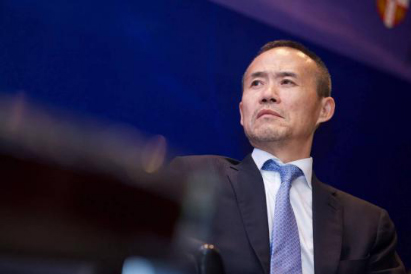
Wang Shi, Chairman of Vanke
Nevertheless, this battle for Vanke is still inevitable. The beginning of this war can be traced back to 27 years ago: in 1989, Vanke went public. In order to rapidly develop and absorb capital, Wang Shi gave up his 40% stake and became a professional manager of Vanke. As a listed company, giving up control of equity is equivalent to giving up control of the company, which has laid the groundwork for today's "King Drive Movement".
In 1994, during the "Jun Wan Controversy", Junan Securities' attack had already alerted Wang Shi and Vanke, marking the official opening of the "Vanke Controversy". Zhang Guoqing suddenly challenged and requested the restructuring of Vanke's management team. Within two hours of receiving the notice from Junan, Wang Shi quickly responded. Wang Shi urged the China Securities Regulatory Commission to suspend Vanke's trading to cushion market pressure. Yu Liang contacted Hainan Securities to stabilize Hainan Securities and issued a statement: Hainan Securities has never authorized Junan to be entrusted... If they continue to use their name, they will reserve the right to seek legal action. The final "Jun Wan Controversy" ended in Wang Shi's victory.
Capital takes advantage of the opportunity to enter
In August 2015, Baoneng raised its stake in Vanke multiple times, ultimately holding a stake of 24 billion yuan, becoming the largest shareholder and continuously increasing its holdings in Vanke, targeting the Wang Shi team. In 2016, the Baoneng Group proposed to dismiss all directors and supervisors including Wang Shi, which sparked social discussion and marked the beginning of the intense war. Zhang Jiahao said: Faced with Baoneng's many proposals, Vanke was caught off guard. Ultimately, Vanke's pain point is still in the dispersion of equity. In today's world where capital is king, without absolute control over equity, there is no control over the company.
Zhang Jiahao said, "There are rules in the capital market, and selling emotions under these rules will not be paid for by capital. As an investor, or in other words, as a capitalist, I think everyone values interests more than emotions."
The cases of competition between founders and capital all demonstrate the importance of equity structure design
Zhang Jiahao gave an example: "Steve Jobs, who founded Apple, was also expelled from the company he founded 9 years later in 1985. Fortunately, Apple really needed Steve Jobs. 12 years later, Apple acquired Next Computer Company founded by the expelled Steve Jobs, and in 1997, Steve Jobs took over Apple again.".
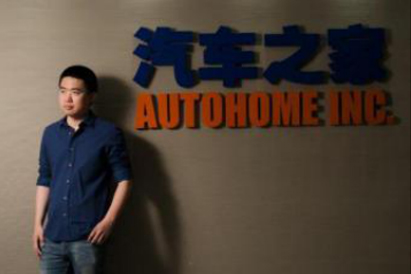
Former CEO of Autohome Ren Qinzhi
At the same time as Vanke's accident, Qin Zhi, CEO of Autohome, was dismissed. Autohome was also invaded, and Ping An Trust appeared adept in this equity battle. The distribution and control of equity became a pain point for many listed companies, and one careless move could lead to a complete loss Zhang Jiahao said, "The equity struggle has been fierce since the company went public. On the one hand, it is the invasion of external capital markets, and on the other hand, it is the division of internal power. Only by doing a good job in the initial equity structure of the company can it ensure stable development."
The key to maintaining control over a company after its founder introduces capital lies in the design of the equity structure
Zhang Jiahao praised, "Liu Chuanzhi, who started his own business at the same time as Wang Shi, has done a great job in the equity structure. After the" Southern Tour ", Liu Chuanzhi quickly responded, with 55% of Lenovo's assets going to the state and 45% to employees. The Ministry of Finance and the State owned Assets Supervision and Administration Bureau decisively rejected the decision.". Even though the President of the Chinese Academy of Sciences, Zhou Guangzhao, later agreed to distribute 35% of the annual profit to employees, Liu Chuanzhi still sealed this payment for 8 years, only registering it and not distributing it. It was not until the government agreed to Lenovo's shareholding reform in 2001 that this money was used as employee money to buy shares. After later efforts, the shares were repurchased into their own hands. After 20 years of restraint, I managed to maintain my absolute control over Lenovo. Zhang Jiahao called Liu Chuanzhi a strategist who endured hardships and had a long-term vision. He was a true hero who was able to see the future clearly in the mist, stick to his original intention, and avoid the tragedy of Vanke happening in Lenovo.
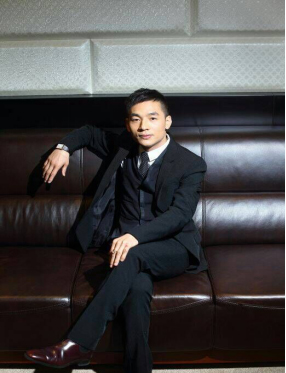
Famous investor and Chairman of New Changjiang International Investment Group, Zhang Jiahao
Zhang Jiahao also gave reporters a case study of foreign founders achieving successful control over the company's equity structure. Facebook once disclosed a dual layered equity structure in its prospectus, which divides common shares into A-series common shares and B-series common shares. One B-series common share corresponds to ten voting rights, while one A-series common share corresponds to one voting right, which is to design common shares into different series, To achieve control over major decisions made by the company's management shareholders. Among them, B-series common shares are plural voting common shares, and Facebook executives such as Zuckerberg amplify their control over major company decisions by holding B-series common shares. Robin Lee, founder of Baidu, a domestic Internet giant, and Liu Qiangdong, founder of JD, also adopted this equity structure model to control the company. Zhang Jiahao pointed out the characteristic of this equity structure: the management has absolute control, which is not conducive to ensuring the interests of shareholders.
Alibaba Jack Ma has also experienced a heart wrenching equity crisis. After his relationship with Yahoo deteriorated, Ma Yun quickly transferred Alipay to his own company, Hangzhou Yunbo Investment Consulting Co., Ltd. Moreover, Jack Ma had already signed contracts with Alibaba regarding the ownership of control rights before Yahoo and SoftBank joined Alibaba: partners have the right to nominate directors, and partners have the right to appoint additional directors to ensure control rights of more than half of their directors; If the shareholders do not agree to elect the directors nominated by the partners, the partners may appoint new interim directors until the next annual shareholders' meeting. Establish a partnership committee on top of the basic shareholder system to counter the rights of other shareholders and stabilize the existing control of the founder and management.
Famous investor Zhang Jiahao said at the end of the interview: Alibaba's Jack Ma relies on a visionary system to maintain control over the company, Lenovo's Liu Chuanzhi maintains his equity control with foresight, and Wang Shi chooses to give up his shares to rapidly develop the company, which has planted a huge bomb for Vanke's future Zhang Jiahao and Wang Shi have been in contact for a long time, but in terms of the equity structure and management structure designed by introducing capital, Wang Shi's performance is not outstanding. In the current situation, his emotions will obviously not be paid for by the market.
Original link: http://www.sohu.com/a/100994060_378888
